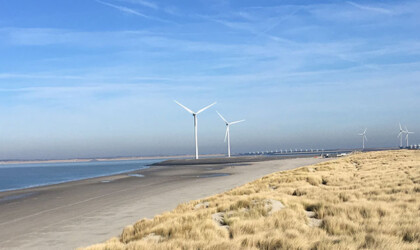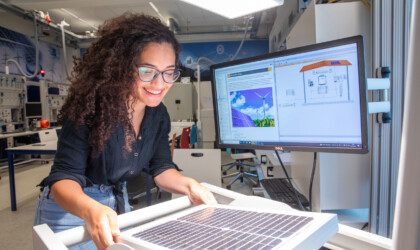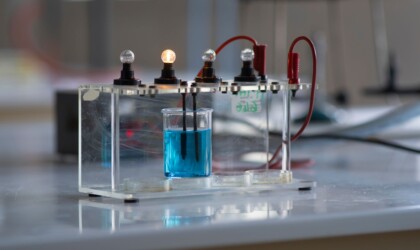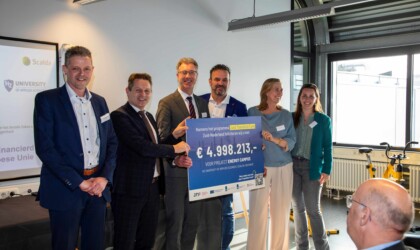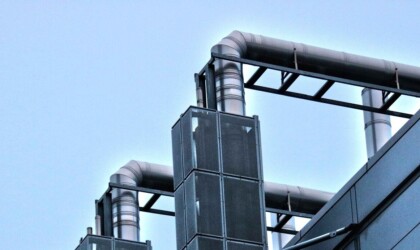A consortium of companies and knowledge institutions from the North Sea Port region collaborates on innovation and the energy transition, particularly focusing on the regional chemical process industry, in the FlexIntensity project.
Due to the large industrial sector in Zeeland, the province faces a significant climate challenge, but the energy transition also presents many economic opportunities, such as in the field of hydrogen as a clean fuel and raw material, as well as in the local integration of renewable energy into the regional energy system.
The main goal of FlexIntensity is to accelerate the energy transition in the industrial sector of Zeeuws-Vlaanderen and Vlissingen-Oost. The research project focuses on the optimal integration of renewable energy, primarily offshore wind energy, into existing fossil industrial processes. FlexIntensity develops technologies and methods to effectively utilize the variable supply of renewable energy.
The project is made possible by a subsidy from the EU Just Transition Fund (JTF). This enables regions dependent on income and employment from fossil fuels to work towards the energy transition in a fair and equitable manner.
Smart Delta Resources
The consortium brings together businesses and knowledge institutions across the Netherlands and Belgium borders. In FlexIntensity, Ørsted, based in Vlissingen-Oost, collaborates with experts from the Flemish Entras. The relevant companies from the North Sea Port region are connected through Smart Delta Resources. The knowledge institutions involved are Ghent University, HZ University of Applied Sciences, and Scalda. The project officially kicked off earlier this year.

